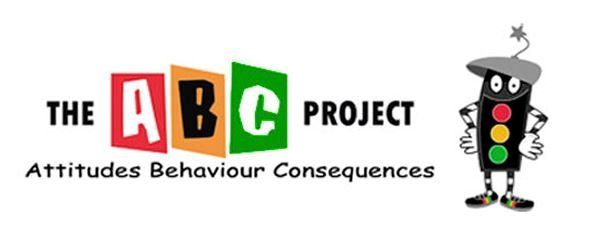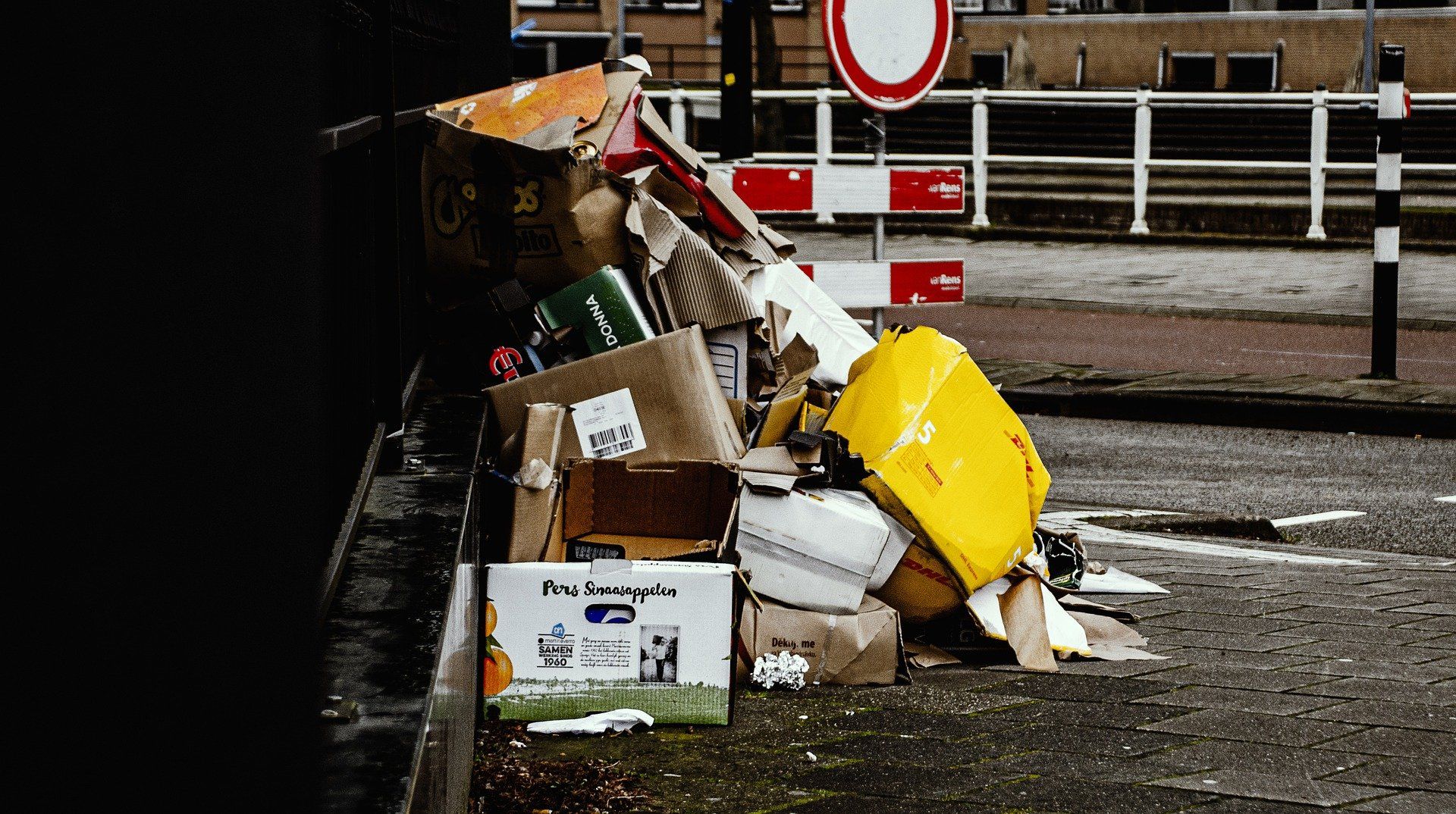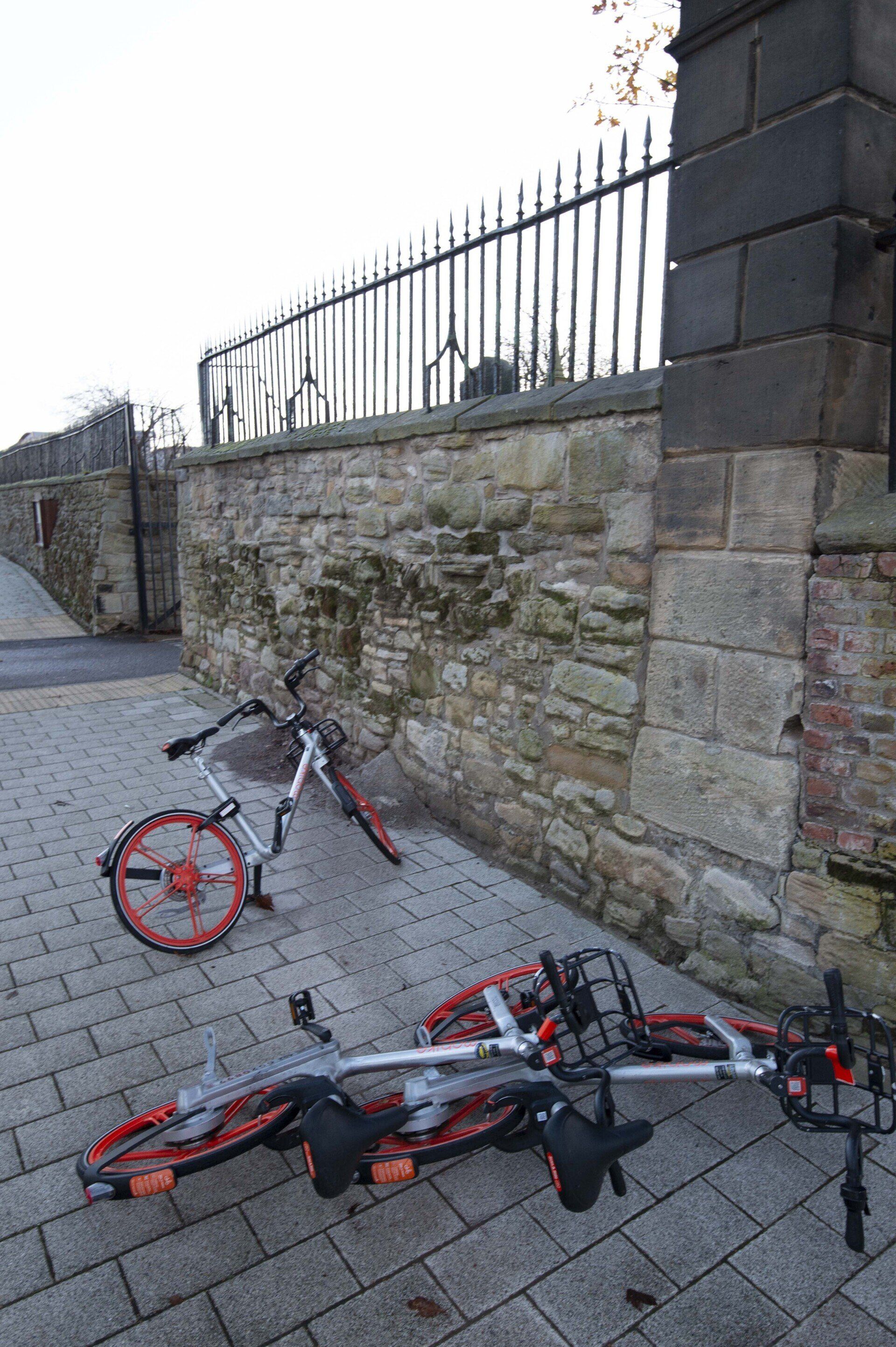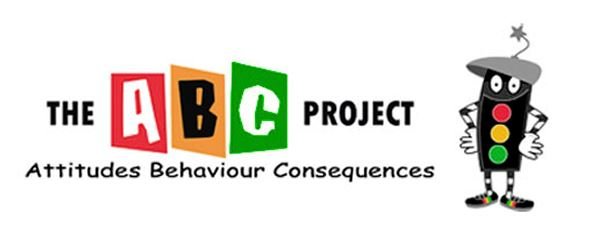

Read it!
What is antisocial behaviour?
Antisocial behaviour is any behaviour which causes; Alarm, Harassment or Distress.
1. Definitions like these exist for a reason. They give us a description of a particular word so that it means the same thing to everyone.
2. What if we all had different ideas of what 'antisocial behaviour' meant - what sort of problem do you think we might have then?
3. Why not write down your thoughts and see if you can describe or say how it might not be easy to know what we should do and what we should not do if we all had a different idea of what antisocial behaviour meant.
Most types of antisocial behaviour fit into 3 categories or types:
1.
Street Problems
- example: people doing things that upsets or annoys us on the street
2. Nuisance Neighbours - example: neighbours who are noisy or throw their rubbish into the garden or street
3.
Environmental Crime - example: breaking bus shelter windows; snapping branches from trees
1.
Street Problems
Street Problems include: intimidation - this means frightening or threatening someone - drunkenness, begging, public drug dealing.
2.
Nuisance Neighbours
Rowdiness, loud music or TV's, and refusing to keep dogs quiet that bark non-stop are all examples.
3.
Environmental Crime
This type of antisocial behaviour affects our community. It can ruin public spaces and is expensive to clean up. For example;
- Fly tipping - dumping rubbish in private or public areas - (public areas are areas that we are all able to share.)
- Littering - deliberately dropping litter on the street and leaving it there.
- Graffiti - spray painting or marking property such as bus shelters, walls of houses, bridges.
- Vandalism - damaging peoples' property or other things like playground equipment.
Meet Andy, Ghada, Cheung, and Tavisha
Andy is a character who lives in the ABC Project workbook. If you have done the project at your school, you will have met Andy and his friends and talked about the things they did and the decisions they made. Andy is not a real person. His friends are not real people either. His friends are called Ghada, Cheung and Tavisha.
Read through the steps that Andy, who is 10 years old, takes inside and outside of school. You will see that each one of his antisocial actions has a bad consequence:
Action: Andy does not hand in his homework on 3 occasions
Consequence: Andy is given detention and his parents are informed
Action: Andy is caught bullying another pupil
Consequence: Andy is taken to see the School Counsellor and is given an acceptable behaviour contract or acceptable behaviour agreement with certain terms.
Action: Andy breaks the rules of his antisocial behaviour contract when he is caught bullying another pupil.
Consequence: Andy is excluded from school for several weeks.
Action: Andy is outside and bored because he is not at school with his friends. He is caught vandalising a bus shelter.
Consequence: Andy is given a Local Child Curfew. If he breaks the curfew, he might get a Child Safety Order, and his parents could be given a Parenting Order.
Action: Andy breaks the rules of his Child Safety Order.
Consequence: As he is aged 11 years, in law, he is old enough to be taken to court for committing a crime where he could get a Criminal Behaviour Order (CBO) if he is found guilty. He might not be charged with a crime but the court could issue a Civil Injunction. For more information about antisocial behaviour and its consequences click here
Andy's story has told us that all individuals with antisocial behaviour at school will quickly learn the bad consequences of their actions. Each school is different in the way they deal with bad behaviour but any individual committing antisocial behaviour will receive some, if not all, of the following consequences:
- lack of learning
- warnings from teachers
- detentions
- privileges taken away
- Acceptable Behaviour Agreements
- exclusion
We can all see that this would mean Andy would not learn as much as he should at school. What do you think might happen to Andy then, if he were unable to write, or read, or add up? What sort of job do you think Andy might be able to get when he leaves school? What could happen to Andy, as he gets older, if he continues to misbehave?
Test it!
When you think you have learned all the information about
'Anti-social Behaviour' click the 'Test it! button opposite to test yourself.



